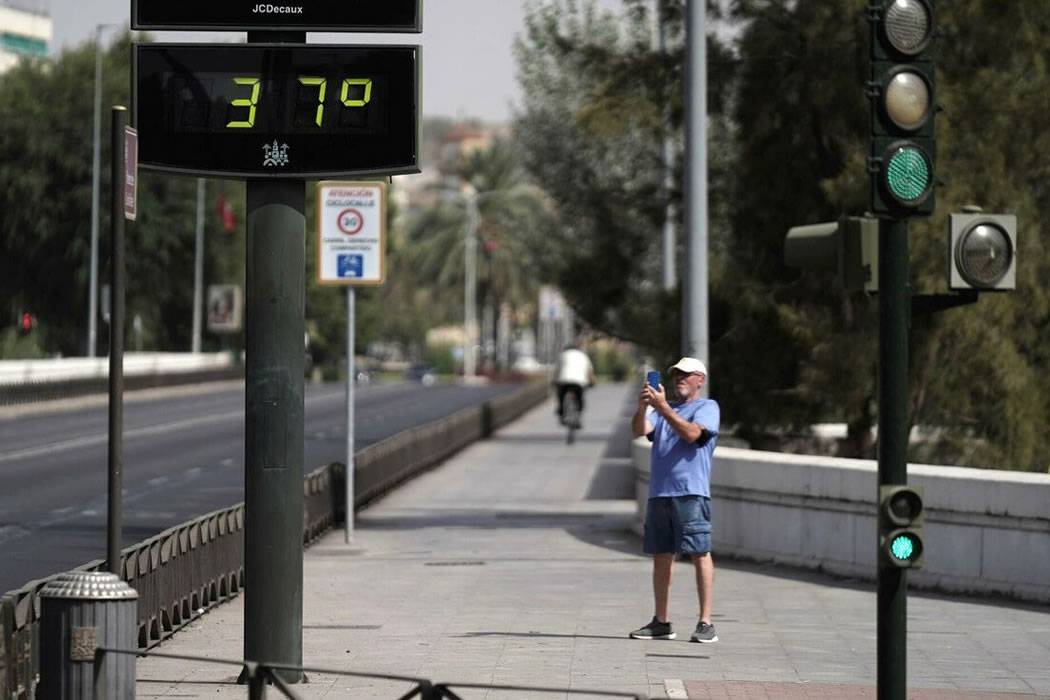July was one of the hottest months in the Canary Islands for 63 years
- 07-08-2024
- National
- Canarian Weekly
- Photo Credit: Stock Image
July 2024 has been recorded as one of the hottest months in the Canary Islands over the last 60 years. According to data from the State Meteorological Agency (AEMET), the average temperature in the archipelago during July was 23.2°C, which is 0.9°C above the long-term average, marking it as the tenth warmest July since 1961, which is when official records began.
In addition to the high temperatures, the islands experienced a significant anomaly in precipitation. The average rainfall for July was 2.2mm, which is 244% of the expected amount, also making it the fifth wettest July since records began.
Regional Temperature Variations
The temperature was notably higher in the province of Las Palmas (Gran Canaria, Lanzarote, and Fuerteventura), with an average of 23.9°C (+0.9°C), compared to the province of Santa Cruz de Tenerife (Tenerife and the western islands), which recorded an average of 22.3°C (+1°C).
Tropical Nights and Hot Temperatures
July also saw 1,246 instances of tropical nights, which is when weather station dotted around the islands record temperatures of 20°C or more during the night. Gran Canaria accounted for 34% of these nights (423), while Tenerife experienced 31.3% (390).
The month was marked by three significant warm spells with high temperatures, though they were not classed as heatwaves. The most intense periods of heat occurred from July 18th to 21st and from July 23rd to 27th, with July 25th being the hottest day, reaching 42.9°C in Tenerife. Additionally, July 19th recorded a peak temperature of 38.8°C.
This exceptional heat highlights ongoing climate trends in the region and the growing intensity of summer temperatures in the Canary Islands.
Other articles that may interest you...
Trending
Most Read Articles
Featured Videos
TributoFest: Michael Buble promo 14.02.2026
- 30-01-2026
TEAs 2025 Highlights
- 17-11-2025



























































